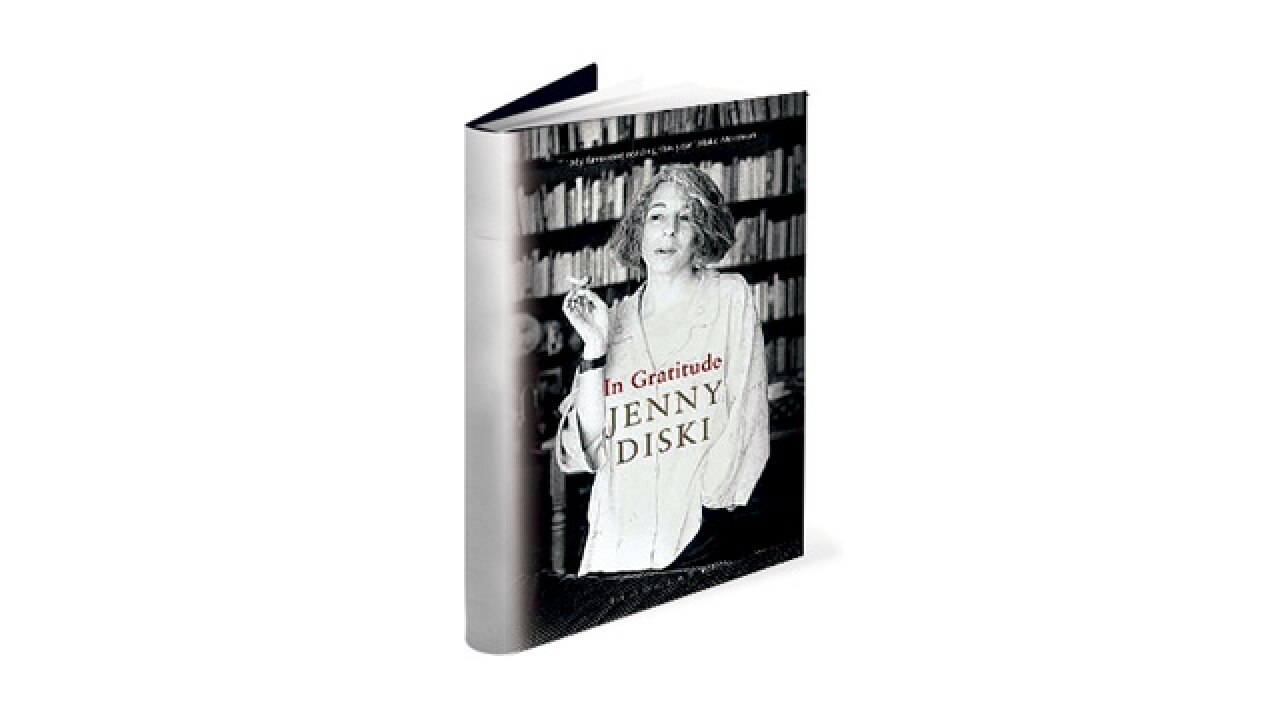
On September 11, 2014, British essayist, travel writer and novelist Jenny Diski was diagnosed with lung cancer. She died on April 28 this year. This is the book that she wrote in the interim taken, partly, from a column that she began to write for the London Review of Books shortly after her diagnosis, and her blog.
There's something more than a little sentimental about a book written by someone who knows herself to be under the shadow of death. It must give to her words a self-consciousness, and an appeal that has little to do with literary merit. Not so with Diski, whose prose has a dry forthrightness, even – or especially – when she's describing a particularly affecting emotional moment, as if it's only by being oblique and ironic that she can contemplate the enormity of the disease.
"Sullen rudeness" she writes, chronicling those first moments after the momentous diagnosis, "is a possible option handed to us cancerees... I probably couldn't sulk unto death, no matter that I'm one of the foremost sulkers on the planet. I'd get hungry. Or want to watch TV. Or even have an itch I had to scratch..."
This is flippant, perhaps, but it's also an expression of courage, underpinned by an awareness of human frailty, of how little we can change what's to happen and the realisation that, in a world in a refugee crisis, where millions live and die in terrible conditions, the prospect of a "coma so I can wave goodbye and let them get on with their lives" is, in a way, "so easy". As Diski tells her husband, Cambridge professor Ian Patterson: "Under no circumstances is anyone to say that I lost a battle with cancer. Or that I bore it bravely. I am not fighting, losing, winning or bearing."
But cancer is not the only poignant life event Diski writes about – her account of her childhood often shocks with the near casual tone in which there are references to what, even for the Swinging Sixties, must have been disturbingly deviant behaviour by adults charged with her care.
Diski's family was, mildly put, dysfunctional. Her father was a never-do-well who left home when she was young, her mother was high-strung and too unstable to raise a child so that much of Diski's childhood was spent in foster homes. Here's a description of an instance when Diski had run away from the house her father shared with his girlfriend to go live with her mother only to feel, after a few days, that the "wisest move seemed to be to take what remained of my mother's Nembuthal [a psychotic drug], lie down neatly on the bed and wait to die". If that wasn't alarming, the paragraph ends with an account of a rare moment of amity between mother and daughter, during which "she had reached around my back, which was turned to her, and begun to caress my vulva. When I protested, she said: 'What's the matter? There's nothing wrong. I'm your mother. You're still my little girl."
It's possible, and rewarding, to read In Gratitude as the last testimony of a writer, a hyper-sensitive rebel who is uncompromising in the clear-eyed way she looks at herself and the world. The 'gratitude' in the title, thus refers to Doris Lessing, who took Diski in when she was a teenager and offered her a life. Not just a stable, peaceful house away from her parents' disruptive influence, but exposure to her friends, leading writers of the time like Ted Hughes, Alan Sillitoe and RD Laing. This company – garrulous, opinionated, thoughtful, politically aware – forced Diski to unravel her own chaotic thoughts and set her on the road to recovery and to become a writer.